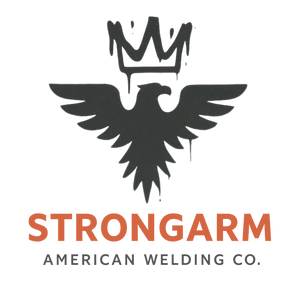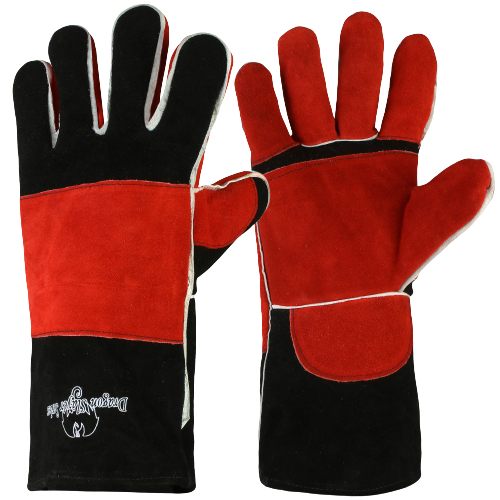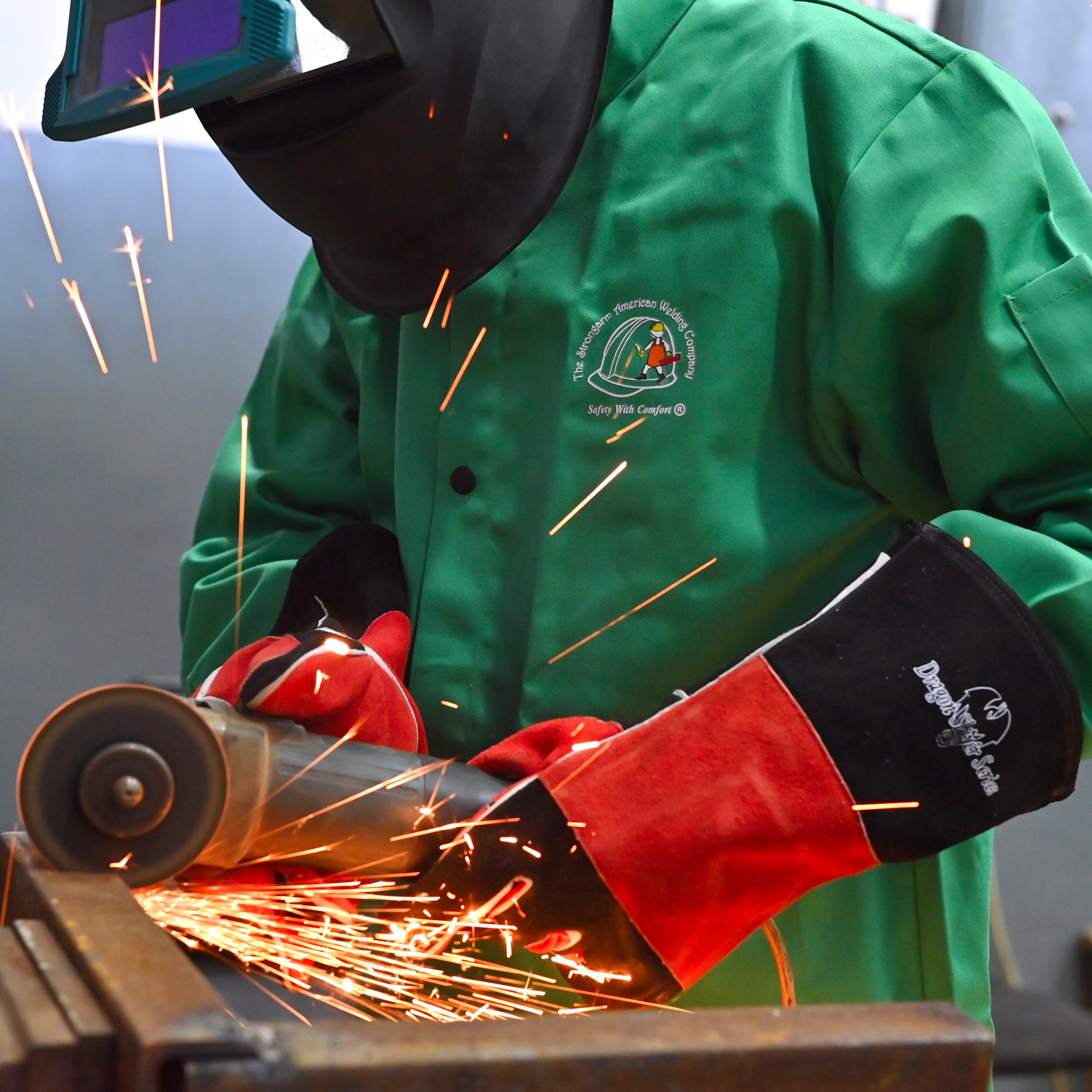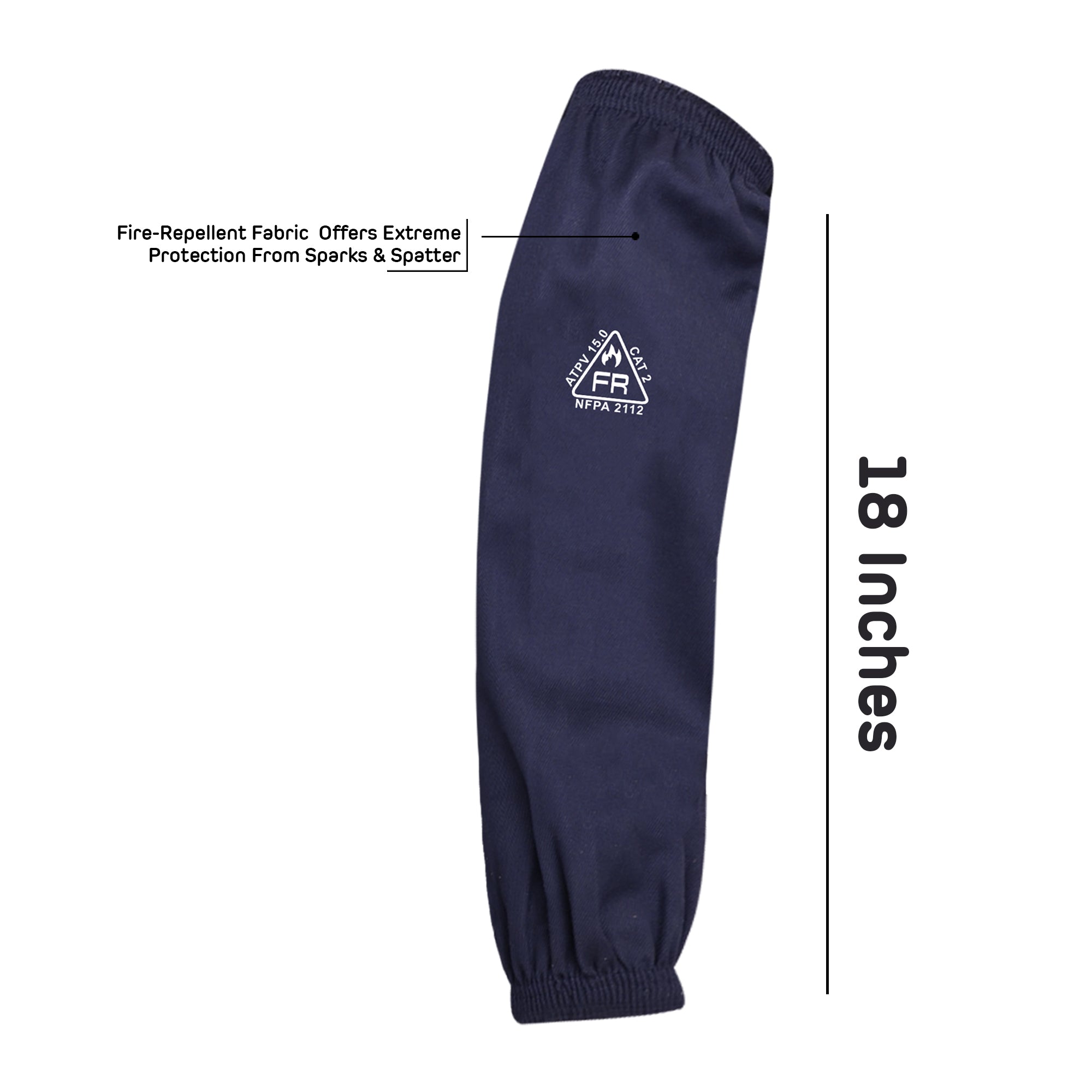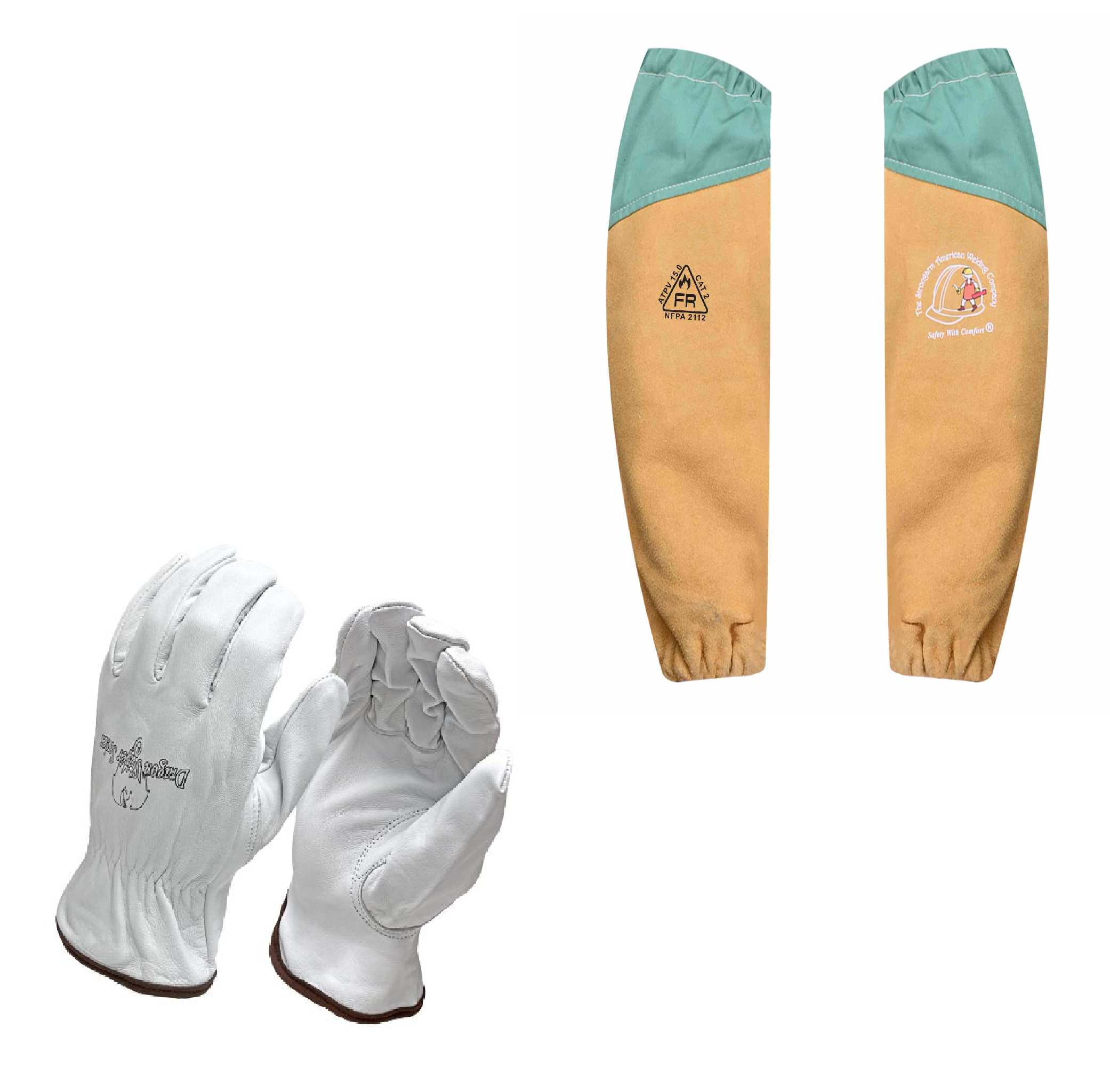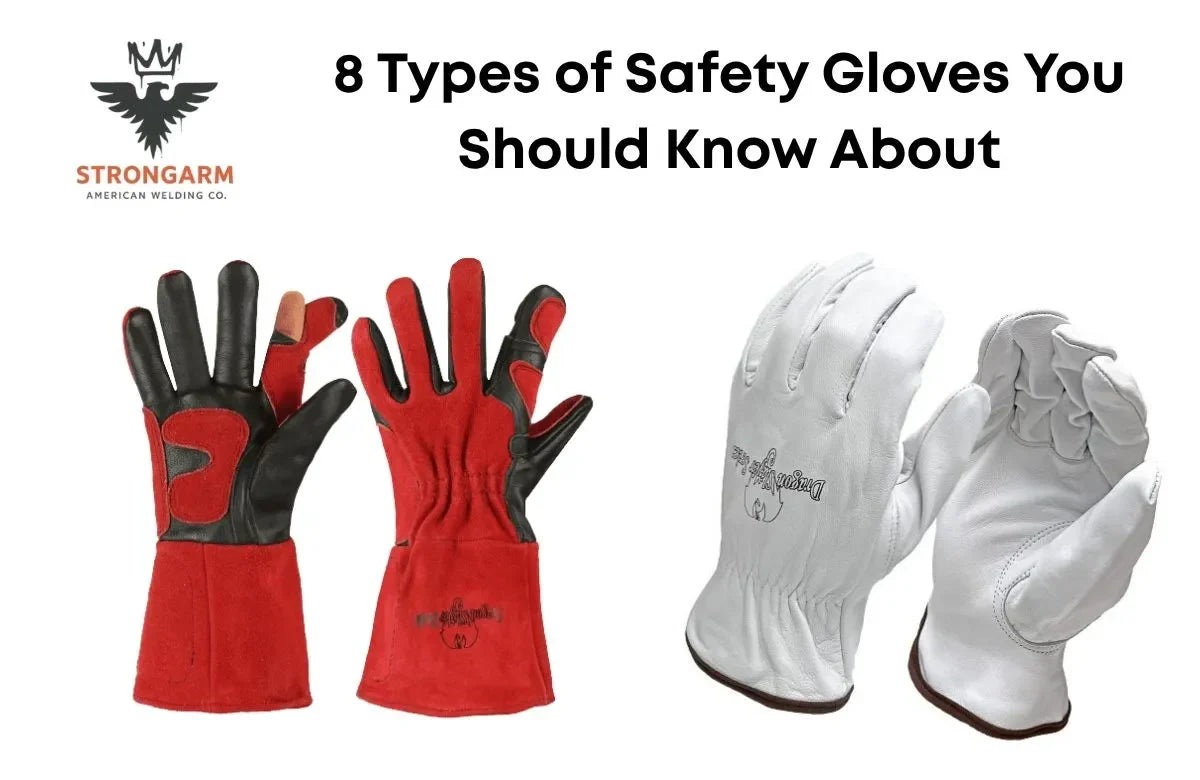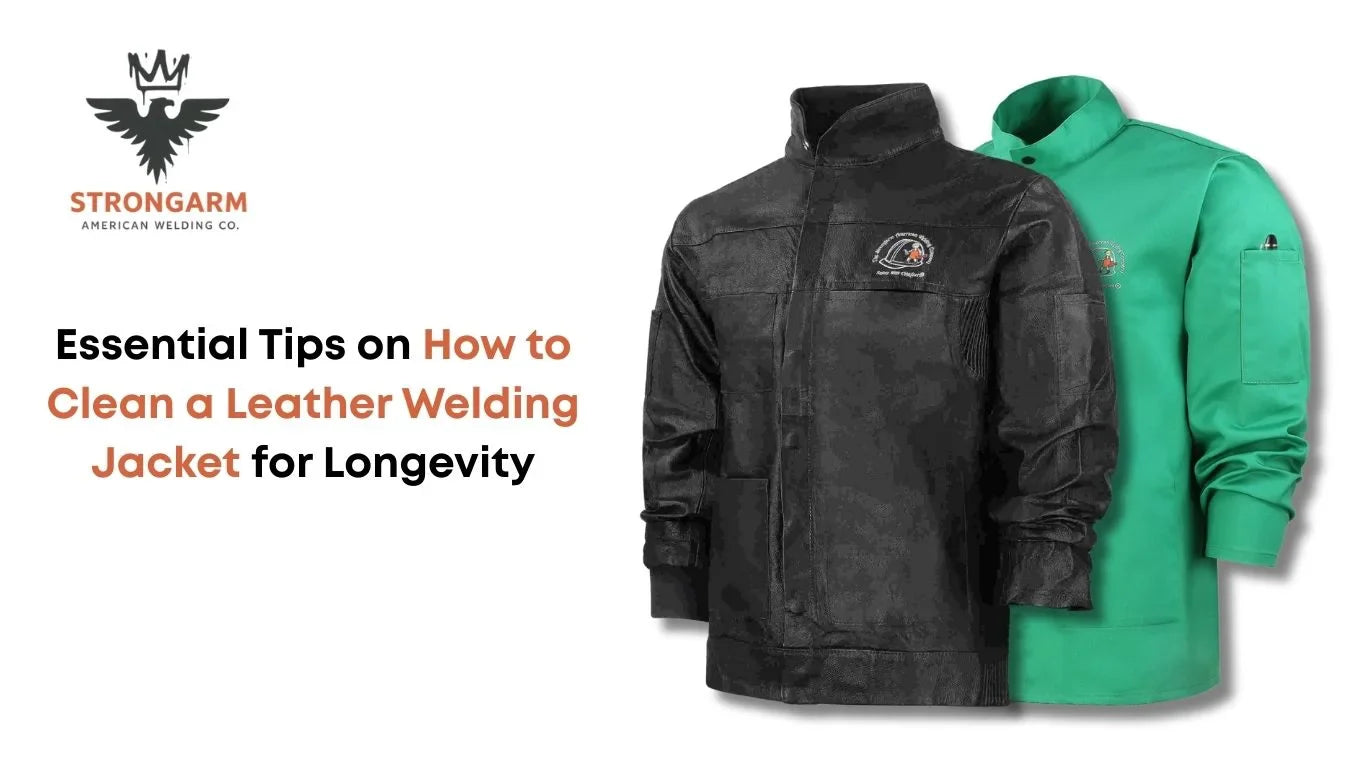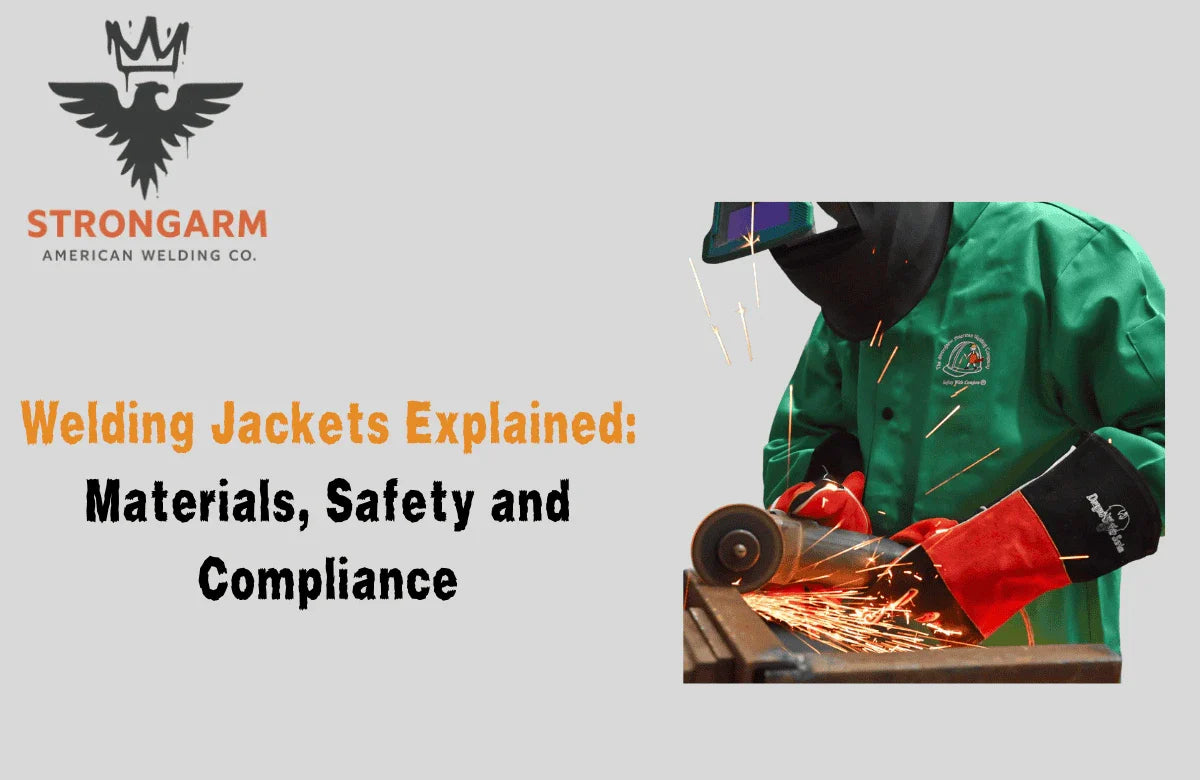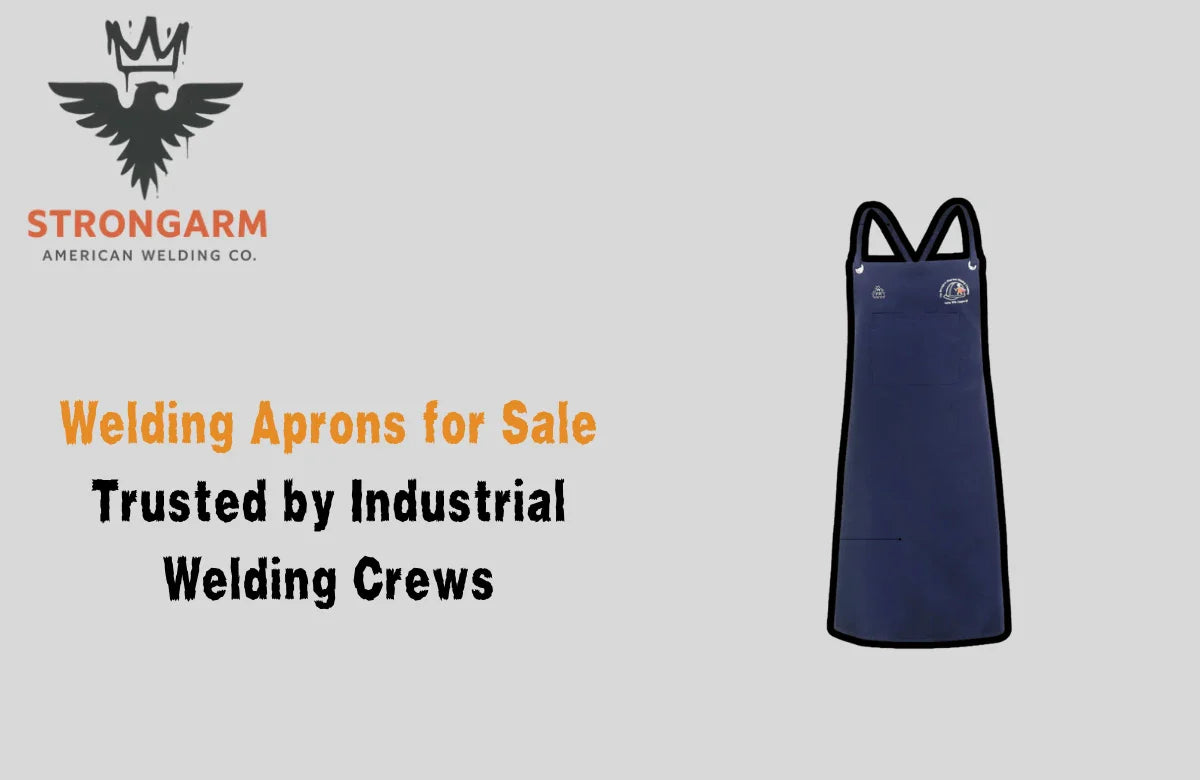When it comes to workplace safety, safety gloves play a crucial role. Protecting hands from cuts, burns, chemicals, and electrical hazards is essential for every professional. Choosing the right glove can prevent serious injuries and increase efficiency on the job. In this guide, we will explore eight types of safety gloves that every worker should know about. Companies like Strongarm Welding emphasize using proper gloves to ensure maximum protection.
1. Leather Gloves
Leather gloves are a versatile option for many industrial applications. They provide excellent protection against abrasions, sparks, and rough surfaces. These gloves are popular among construction workers, welders, and mechanics. Leather gloves also offer durability and comfort for long hours of use. Strongarm Welding often recommends leather gloves for handling hot materials and welding tasks. When selecting leather gloves, make sure the fit is snug but allows full mobility of your fingers.
2. Cut-Resistant Gloves
Cut-resistant gloves are essential for tasks involving sharp tools or materials. They are made from high-performance fibers such as Kevlar, Dyneema, or stainless steel mesh. These gloves protect against lacerations while allowing flexibility and dexterity. Food processing, glass handling, and metalworking industries heavily rely on cut-resistant gloves. Using proper gloves from trusted suppliers like Strongarm Welding ensures compliance with safety standards and reduces workplace accidents.
3. Chemical-Resistant Gloves
Chemical-resistant gloves protect hands from harmful substances such as acids, solvents, and cleaning agents. They are typically made from materials like nitrile, neoprene, or PVC. While chemical-resistant gloves are essential, for certain handling tasks, using Leather Driver Gloves alongside them can provide additional durability and grip. These gloves prevent skin irritation, burns, and chemical absorption. Workers in laboratories, chemical plants, and janitorial services must always wear these gloves. Choosing the right thickness and material is important for safety and comfort. Companies like Strongarm Welding advise checking chemical compatibility before purchasing gloves.
4. Heat-Resistant Gloves
Heat-resistant gloves are designed for handling high-temperature objects. They are commonly used in welding, foundries, and glasswork. These gloves provide protection against burns while maintaining dexterity. Insulated and layered designs improve safety for prolonged exposure to heat. Strongarm Welding ensures that all workers use heat-resistant gloves when handling molten metals or hot equipment. Wearing proper gloves prevents serious hand injuries and ensures compliance with occupational safety regulations.
5. Electrical Gloves
Electrical gloves protect workers from electric shocks and arc flashes. They are usually made from rubber and rated according to voltage protection standards. Linemen, electricians, and maintenance workers rely on these gloves daily. Regular inspection is critical to ensure gloves are free from cracks or punctures. Strongarm Welding stresses the importance of using certified electrical gloves for any high-voltage work. Combining gloves with other protective gear increases overall safety.
6. Disposable Gloves
Disposable gloves are lightweight, cost-effective, and suitable for short-term tasks. They are commonly made from latex, nitrile, or vinyl. Medical professionals, laboratory staff, and food handlers often use these gloves. Disposable gloves protect against contamination and minor chemical exposure. Strongarm Welding also uses disposable gloves for tasks requiring hygiene or quick glove changes. Proper disposal after use prevents cross-contamination and maintains workplace safety standards.
7. Impact-Resistant Gloves
Impact-resistant gloves protect hands from crushing injuries, heavy machinery, and repetitive motion. They often feature reinforced knuckles, padded palms, and durable outer layers. Workers in construction, manufacturing, and logistics frequently use these gloves. The padding absorbs shock and reduces fatigue during long shifts. Strongarm Welding integrates impact-resistant gloves in their safety protocols to minimize hand injuries in heavy-duty tasks. Selecting gloves with proper certification ensures maximum protection.
8. General-Purpose Work Gloves
General-purpose work gloves offer basic protection for a wide range of tasks. They are comfortable, flexible, and suitable for gardening, light construction, or warehouse work. While not specialized, these gloves shield hands from dirt, scratches, and minor abrasions. Strongarm Welding recommends having general-purpose gloves as a backup or for tasks that do not involve extreme hazards. Choosing gloves with good grip and breathable material enhances usability and safety.
Why Safety Gloves Are Important
Hand injuries are among the most common workplace accidents. Using the correct type of safety gloves significantly reduces the risk of cuts, burns, and chemical exposure. Gloves enhance grip, reduce fatigue, and allow workers to perform tasks efficiently. Strongarm Welding trains employees to select gloves based on the specific hazards of their job. Investing in high-quality gloves is not just a safety measure but also improves productivity and morale.
How to Choose the Right Safety Gloves
Choosing the right glove depends on the task, material handled, and environmental conditions. Consider factors such as cut resistance, chemical exposure, heat, and electrical hazards. Comfort and dexterity are equally important. Regularly inspect gloves for wear and tear, and replace them as needed. Strongarm Welding recommends consulting safety datasheets and industry standards before making a purchase. Proper glove selection is critical to ensuring both safety and efficiency.
Maintenance and Care
Maintaining your gloves extends their lifespan and maintains protection. Leather gloves should be cleaned and conditioned, while chemical-resistant gloves must be rinsed after exposure. Heat-resistant gloves should be stored away from flames, and electrical gloves must be inspected for cracks. Strongarm Welding emphasizes regular maintenance and proper storage to prevent glove failure. Proper care ensures safety gloves perform as expected when needed the most.
Testimonials
1. John M., Welder – Texas:
"I’ve been using Strongarm Welding gloves for over a year. They provide excellent protection against heat and sparks, and I feel safer on every job."
2. Sarah L., Laboratory Technician – California:
"The chemical-resistant gloves recommended by Strongarm Welding are comfortable and reliable. I can handle hazardous materials without worry."
3. Mike D., Construction Worker – Florida:
"Cut-resistant gloves from Strongarm Welding saved me from a potential injury. They are durable and fit perfectly for heavy-duty work."
4. Emily R., Food Processing Supervisor – New York:
"Disposable gloves from Strongarm Welding are soft yet strong. We use them every day, and they help maintain hygiene without compromising comfort."
5. Tom K., Electrician – Ohio:
"Electrical gloves from Strongarm Welding give me confidence when working on live circuits. Safety is always my top priority, and these gloves deliver."
FAQs
1. What are safety gloves used for?
Safety gloves protect hands from cuts, burns, chemicals, electrical hazards, and impact injuries. Using the right glove ensures workplace safety and efficiency.
2. How do I choose the right safety gloves?
Consider the type of hazard (heat, chemical, electrical, cuts) and required dexterity. Strongarm Welding recommends gloves based on specific tasks for maximum protection.
3. How often should safety gloves be replaced?
Replace gloves when they show signs of wear, holes, cracks, or reduced flexibility. Regular inspection ensures your hands remain protected.
4. Can I use the same gloves for different tasks?
No. Each glove type is designed for specific hazards. Using the wrong gloves can reduce protection and increase accident risk.
5. Are safety gloves required by law in the USA?
Yes. OSHA mandates proper hand protection in workplaces where hazards exist. Using certified gloves like those recommended by Strongarm Welding ensures compliance.
Final Thoughts
Safety gloves are a vital part of personal protective equipment for every worker. From leather and cut-resistant gloves to chemical, heat, and electrical protection, each type serves a specific purpose. Companies like Strongarm Welding understand the importance of proper hand protection and provide guidance to ensure workers use the right gloves for each task. Investing in high-quality gloves enhances safety, productivity, and confidence on the job. Always choose gloves that meet industry standards, fit well, and match your work environment. Your hands are invaluable—protect them wisely.
